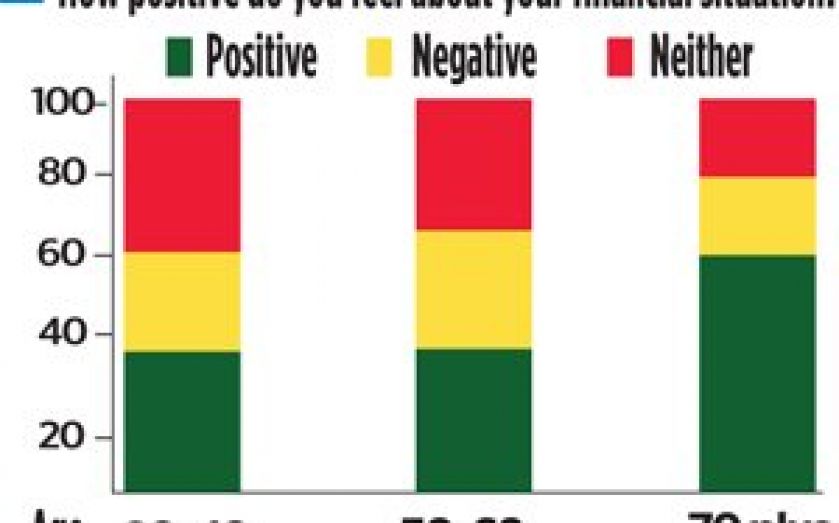Business and older consumers: Turning silver into gold – Brand Index

IN COLLABORATION with the consumer insights panel and KPMG, YouGov has published findings which explore the nature of an ageing population and the effect this could have on businesses.
The report reveals it is high time businesses focused on the increasingly lucrative mature market. The image of older consumers should be reconsidered as should the way businesses represent them.
With mortgages paid off and children gone, seniors are now far wealthier than their predecessors. What’s more, they’re keen to spend. Six in 10 of those over 70 feel positive about their finances, as opposed to a third of those under 50.
Forty-two per cent of the same group feel positive about the money they have to buy luxuries, compared to 29 per cent of 20-49 year olds.
Advertisers could well benefit from giving more thought on how to appeal to older consumers. The under-40s is the only age group to feel they are well-reflected in TV advertising. Thirty-eight per cent of 50-69 year olds agree that you don’t often see people their age in ads.
Older people can invest time, effort and money into purchase decisions. It is an outdated and lazy to suggest older customers will struggle with technology. Tablet ownership is higher among the over-55s than the under-55s. Crucially, 86 per cent of over-55s regularly shop online while over a third of those over 70 use online methods to research food or other products.
The research highlights a major issue in the way older consumers are represented. Portraying older consumers in advertising to promote everyday products would be a welcome change, instead of products aimed specifically at them.
How consumer-focused businesses react to this opportunity will help shape their success or otherwise in the years ahead. Businesses need to adopt a coherent strategy across a variety of channels, including digital, in order to capitalise and appeal clearly to the older market.
Stephan Shakespeare is the chief executive of YouGov